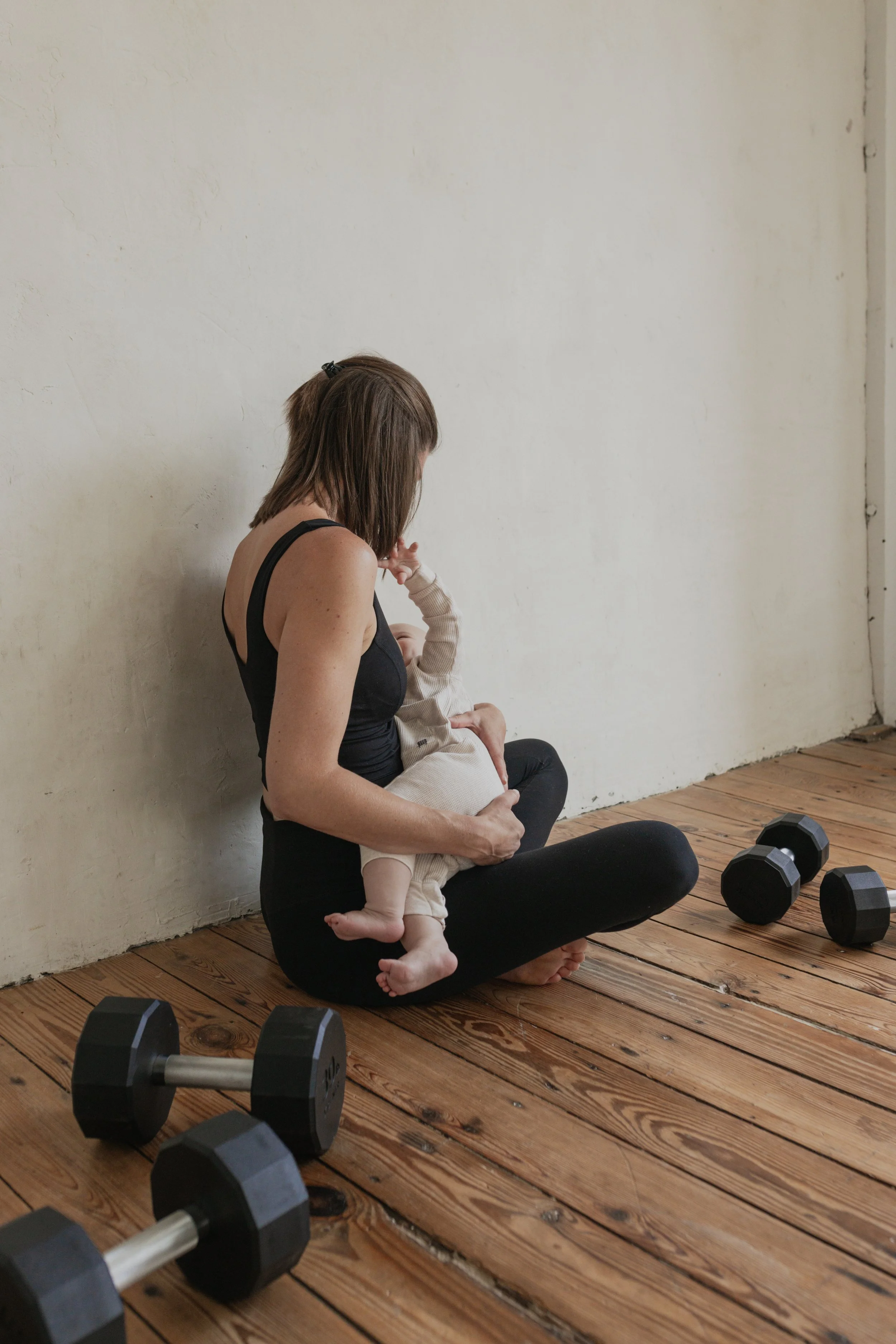Sex After Birth: What’s Normal and What’s Not?
Reconnecting With Intimacy After Birth
Bringing a baby into the world is one of life’s most powerful experiences — but it also brings major changes to your body, your emotions, and your relationships. Many new parents are surprised when sex after birth feels different, uncomfortable, or even painful.
If you’ve found yourself wondering, “Is this normal?” — you’re not alone. Up to 80% of new moms experience changes in sexual comfort after childbirth. Let’s explore what’s normal, what’s not, and how pelvic floor physical therapy can help you heal, restore comfort, and reconnect with confidence.
Why Sex Feels Different After Childbirth
After pregnancy and delivery, your body goes through incredible healing and adjustment. Even if your recovery seems “by the book,” intimacy may not feel quite the same.
Here are the most common reasons why:
1. Hormonal Shifts and Vaginal Dryness
After birth — especially while breastfeeding — estrogen levels drop significantly. This can lead to vaginal dryness, irritation, or a feeling of tightness during sex. These changes are hormonal, not psychological, and they’re very common and specific treatments are available to help support you.
2. Pelvic Floor Changes
During pregnancy and birth, the pelvic floor muscles stretch and bear extra pressure. Some muscles may become weak or uncoordinated, while others stay tight and protective, leading to pain with penetration, difficulty relaxing, or even urinary leakage during intimacy.
3. Scar Tissue and Healing
If you had a vaginal tear, episiotomy, or C-section, scar tissue can limit mobility or create sensitivity. Even after healing, these areas benefit pelvic health therapy to guide your on gentle release and retraining.
4. Fatigue and Emotional Readiness
New parenthood brings hormonal shifts, exhaustion, and body-image changes — all of which can affect libido and comfort. It is not uncommon to feel disconnected from your body or overwhelmed.
SO… What’s “Normal” When Returning to Sex
Most healthcare providers give the green light for sex around six weeks postpartum, but feeling ready takes much longer for many people. It’s perfectly normal to:
Feel mild soreness, tightness, or dryness at first
Need to go slow, use lubrication, and communicate with your partner
Wait several months before feeling emotionally ready
Healing is not a timeline — it’s a process.
What’s Not Normal — and When to Seek Help
Sharp or burning pain during or after sex
Feeling like you’re “hitting a wall” with penetration
Persistent dryness, irritation, or tearing
Leaking urine during intimacy or orgasm
Pelvic pressure, heaviness, or a “falling out” feeling
Pain with orgasm or pelvic cramping afterward
These symptoms are common but not normal. You deserve to enjoy intimacy without pain — and pelvic floor therapy can help you get there.
How Pelvic Floor Therapy Helps After Birth
A pelvic floor therapist specializes in helping postpartum women and parents heal comfortably — not just from childbirth, but also from changes that impact intimacy, confidence, and daily life.
Here’s how therapy can support you:
Personalized Assessment — Understanding your pelvic floor strength, tension, and coordination
Gentle Release & Strengthening — Releasing tight muscles, improving flexibility, and restoring stability
Scar Tissue Mobilization — Reducing tenderness or pulling from perineal or C-section scars
Relaxation & Breathwork — Teaching strategies to release tension and improve comfort
Education & Empowerment — Guidance on lubrication, positions, and communication with your partner
Many people notice relief and renewed confidence within just a few sessions.
A Gentle Reminder
There’s no “right time” to resume sex after childbirth. The right time is when you feel physically and emotionally ready.
Pain, dryness, or discomfort are signals — not something to push through. With the right care, most people fully recover and rediscover intimacy that feels even more connected and fulfilling than before.
If you’re struggling with painful sex after childbirth, vaginal dryness, or pelvic floor tightness, you don’t have to navigate it alone. A pelvic floor physical therapist can help you understand what’s happening, heal comfortably, and restore confidence in your body.
Book your postpartum pelvic floor assessment today — because intimacy, comfort, and confidence are all part of your recovery.
I offer 1 on 1 treatment in Columbus, Ohio
Schedule your free 15min phone consultation!
In health,
Emma Lengerich PT, DPT, OCS, CMTPT, PCES, Birth Doula Foundations PelvicPhysio, LLC Orthopedic & Pelvic Health Physical Therapist & Birth Doula Instagram: @emma_pelvichealth Subscribe to my newsletter: Click Here!

